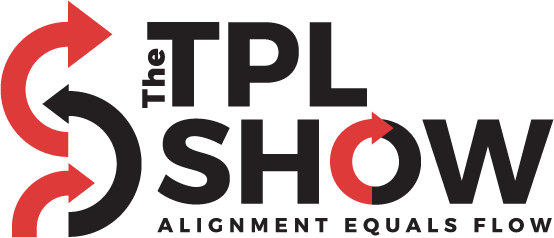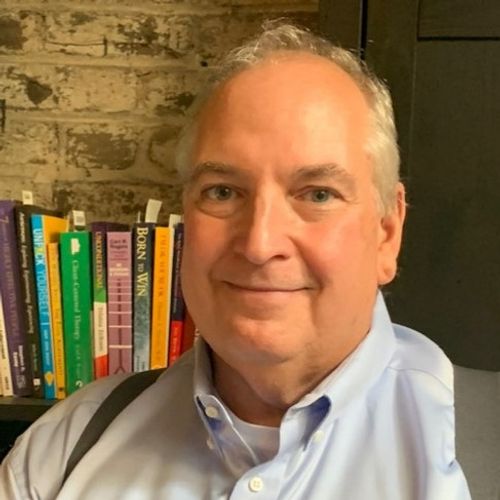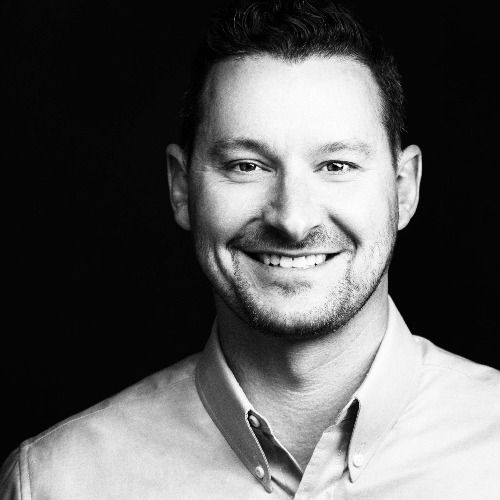The Three Realms of Excellence
What are the Three Realms of Excellence?
- They are Leadership Aspirations that, when pursued, prepare and preserve an organization’s ability to achieve excellence.
- The Three Realms of Operational Excellence (Op-Ex) describe a condition of being that, at first, an organization strives to achieve, and then later to maintain, so that its pursuit of noble purpose, and the fulfillment of its vision are both conceivable and possible.
- The three Realms of Op-Ex provide an organization with the platform and strategic blueprint needed to implement a Learning Organization and achieve Excellence.
Why are the Three Realms of Excellence important?
- Rational reason – Recognizing the three realms, and pursuing them in order, is the only approach that results in a healthy, sustainable focus on excellence.
- Emotional reason – Whether or not you recognize them, the Three Realms exist. Ignoring them, or pursuing them out of order, leads a workforce to reject continuous improvement concepts, and resist the implementation of intentional culture.
- Tangible reason – When you recognize the Three Realms of Op-Ex, and then pursue them in proper order, the resulting intentional culture is much healthier, delivers far greater results, and is much more sustainable.
How does an organization leverage the Three Realms of Excellence?
- Educate top Leaders about the Three Realms of Excellence and facilitate a deep and long discussion of them that answers three strategic questions. What is the definition of each in our organization and how do we measure them? Are we aligned about the importance of the Three Realms as an archetype for pursuing excellence? What is the current condition of each Realm, what will we do next to progress in each realm, and when will we achieve sufficient Evenness to implement an intentional culture?
- Develop a plan with milestones and metrics for achieving your aspiration in each realm. Implement the 1440 Management System, Scrum, Agile, etc. Reduce your Gap of Knowledge (GoK) by implementing Genchi Genbutsu (Gemba Walks). Use Value Stream Maps and Kanbans to understand Flow and evenness in your organization.
- Optimize your Organizational (Local) Evenness by freeing up your key players to Think, Plan, and Lead (TPL). Eliminate/streamline non-value-added uses of leadership time. Teach them the skills needed to be better leaders and problem solvers. Set the expectation that key players use the time saved to lead and problem-solve more and better.
- Establish the reduction of Mura (Unevenness) as an essential leadership duty at all levels in your organization. Teach leaders the value of pursuing Evenness. Encourage them and expect them to pursue it. Establish Evenness metrics. Post them in the public square. Set goals. Assign stewards. Tally often.
- Once the initial Mura goal is achieved, repeat the approach to reduce Muri (Overburden).
- When ready, declare the organization sufficiently even to pursue Kaizen-At-The-Point-Of-Value and implement an Intentional Culture (Lean Concepts). Optimize the workplace infrastructure (Implement Zoning/5S). Optimize workflow. (Implement Standard Work). Lock it all in with Intentional Culture (Implement Kaizen).
- Rinse and repeat (Conduct Hansei and begin again with Shoshin).
Key Tools
- Write us at info@tplshow.org for a free guide to the Three Realms of Excellence.
- You Can’t Kaizen Chaos by Danielle McGuiness, December 2014 - https://www.lean.org/the-lean-post/articles/you-cant-kaizen-chaos
- Muda, Mura, Muri: The Three Evils of Manufacturing by Christopher Rover, April 2015- https://www.allaboutlean.com/muda-mura-muri/
- Full Show Notes & Transcripts https://www.dropbox.com/scl/fi/5r92i0dqvkiw3ys81e8b8/Transcript-for-Episode-14-The-Three-Reals-of-Excellence-v2.pdf?rlkey=4lx4lfi7wyp0eq6cydmo5bnup&dl=0



